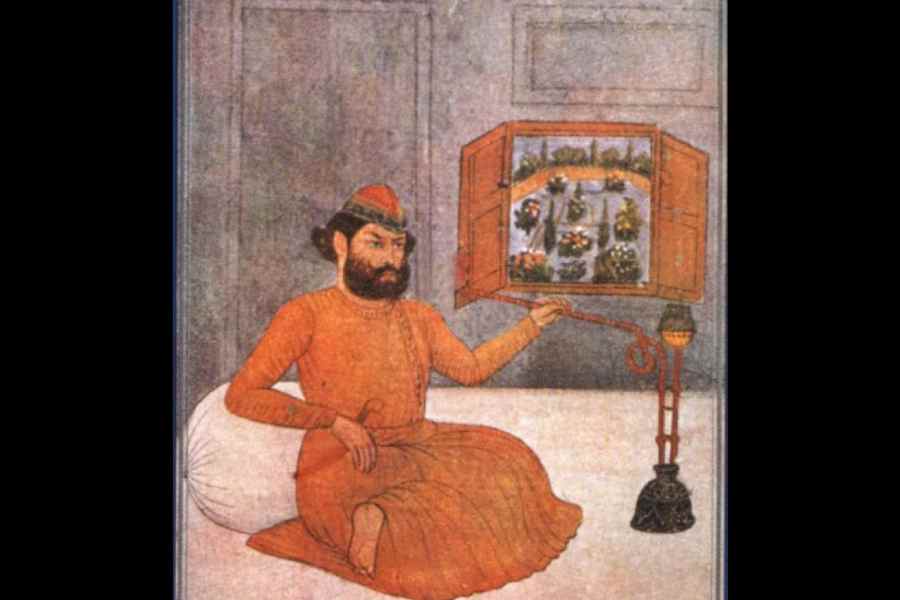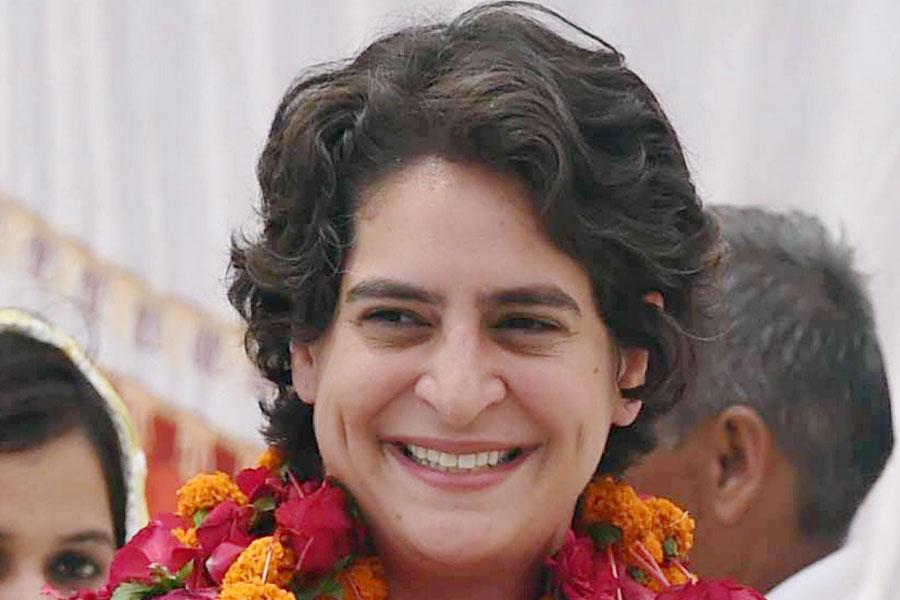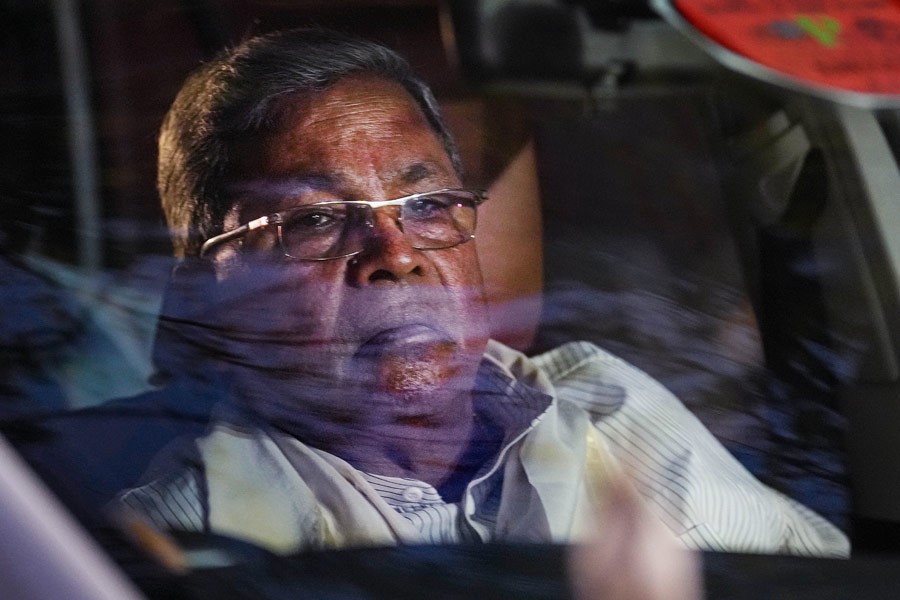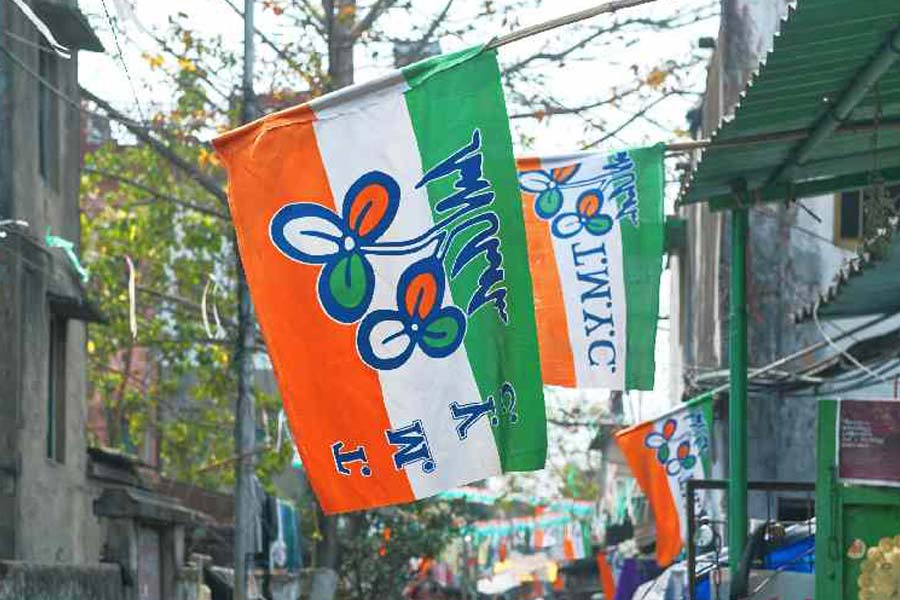A translation of the complete text of the autobiography of 18th-century poet Mir Taqi Mir was recently released, almost a century after the removal of references to sex in the earlier censored versions.
The Anjuman Taraqqi Urdu (Hind), an organisation that promotes and sets the standards for Urdu, has come up with the uncut version.
Ather Farouqui, general secretary of the Anjuman, told The Telegraph: “The first publication in Farsi was censored, and then subsequent Urdu translations (in 1957 and 1996) were also from the censored text. As an organisation, we accept our mistake. The censored part was on jokes on society at the time, precisely the last part of the book that has 55 jokes.”
Mir, who wrote in Persian and Urdu, has been called Khuda-i Sukhan (god of poetry). He was born in Agra in 1723 and died in Lucknow in 1810. In 1773, Mir completed his autobiography, Zikr-i Mir, in Farsi. It was published by the Anjuman Taraqqi Urdu — the predecessor of the current Indian body before Partition — only in 1928.
“Maulvi Abdul Haq (the then secretary of the undivided Anjuman) censored these jokes on the ground that these were unrelated to his life. The irony is that Mir has even written that he is ending the autobiography with jokes. The full text shows that he was not merely a romantic but a keen observer of the society of his time,” Sadaf Fatima, who translated the censored text into Urdu, told this newspaper.
Maulvi Haq — called the Father of Urdu — started the Anjuman in Pakistan after Partition and was instrumental in Urdu being made the country’s sole national language, despite Bengali being the language spoken by most of its citizens in 1947.
On January 22, the Anjuman Taraqqi Urdu (Hind) commemorated Mir’s tricentenary by releasing the Urdu translation of Zikr-i-Mir. It is titled Meer ki Khudnavisht Sawaneh and includes the1957 translation by Nisar Ahmed Faruqi and Fatima’s version of the censored part.
After locating the original Farsi text at the Rampur Raza Library in Uttar Pradesh, Fatima completed the translation in two months — just in time to publish it before the anniversary. It is currently available only at the Anjuman’s offices.
The English translation by C.M. Naim, published by Oxford University Press in 1999, has the uncensored text. The jokes on heterosexual sex, homosexuality, bestiality and characters related to religious scriptures paint a picture of a broad-minded 18th-century India.
It is also a commentary on the caste and economy of the time.
Fatima narrated one such joke, earlier censored: A Sayyid (a person from an elite Muslim community) comes to Shahjahanabad (Old Delhi) from the impoverished countryside only to find even starker deprivation in the Mughal capital. He sarcastically laments that even the calligraphy of a Quranic verse on a writing tablet here is of thinner font than that he saw in his village.
At the event in the India Habitat Centre, a Hindi translation by Vipin Garg of a selection of Mir’s work, titled Chalo Tuk Mir ko Sunne, published by Rajkamal Prakashan, was also released.
Mir, also known as Mir Muhammad Taqi, and Ghalib, whose real name was Mirza Beg Asadullah Khan, stand as Urdu’s foremost literary figures. Ghalib, who was born in 1791 and died in 1869, ascended to literary prominence after Mir’s era had concluded.
Both originated from Agra and both declined esteemed teaching positions, citing intellectual arrogance. Ghalib expressed admiration for Mir through two couplets, and even his rival, Muhammad Ibrahim Zauq, recognised Mir’s greatness in his writings.










